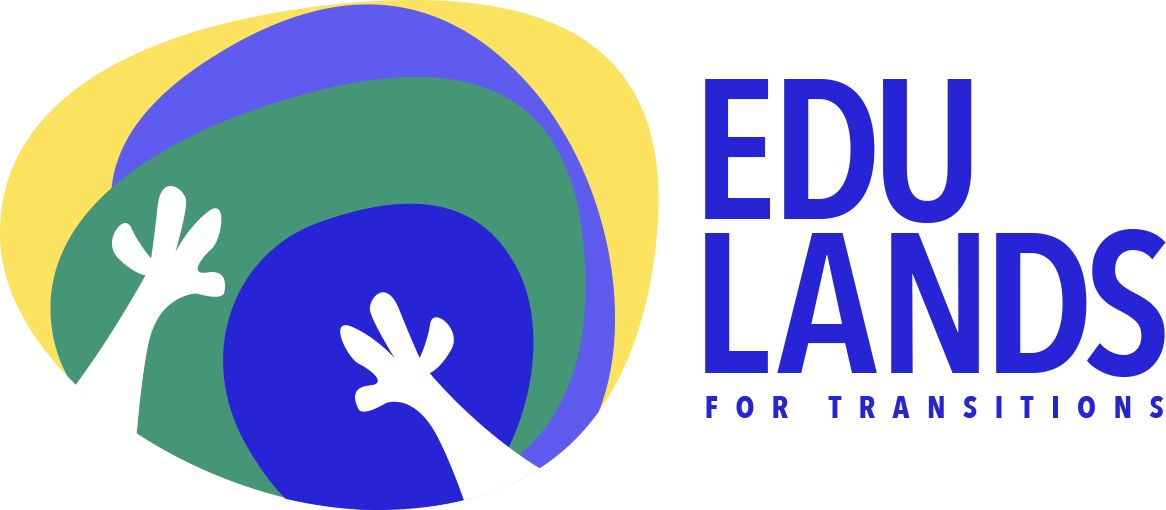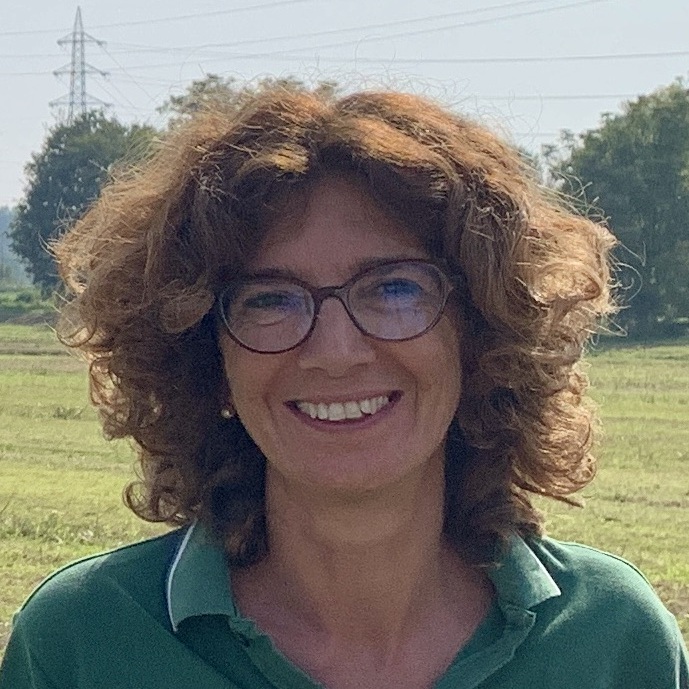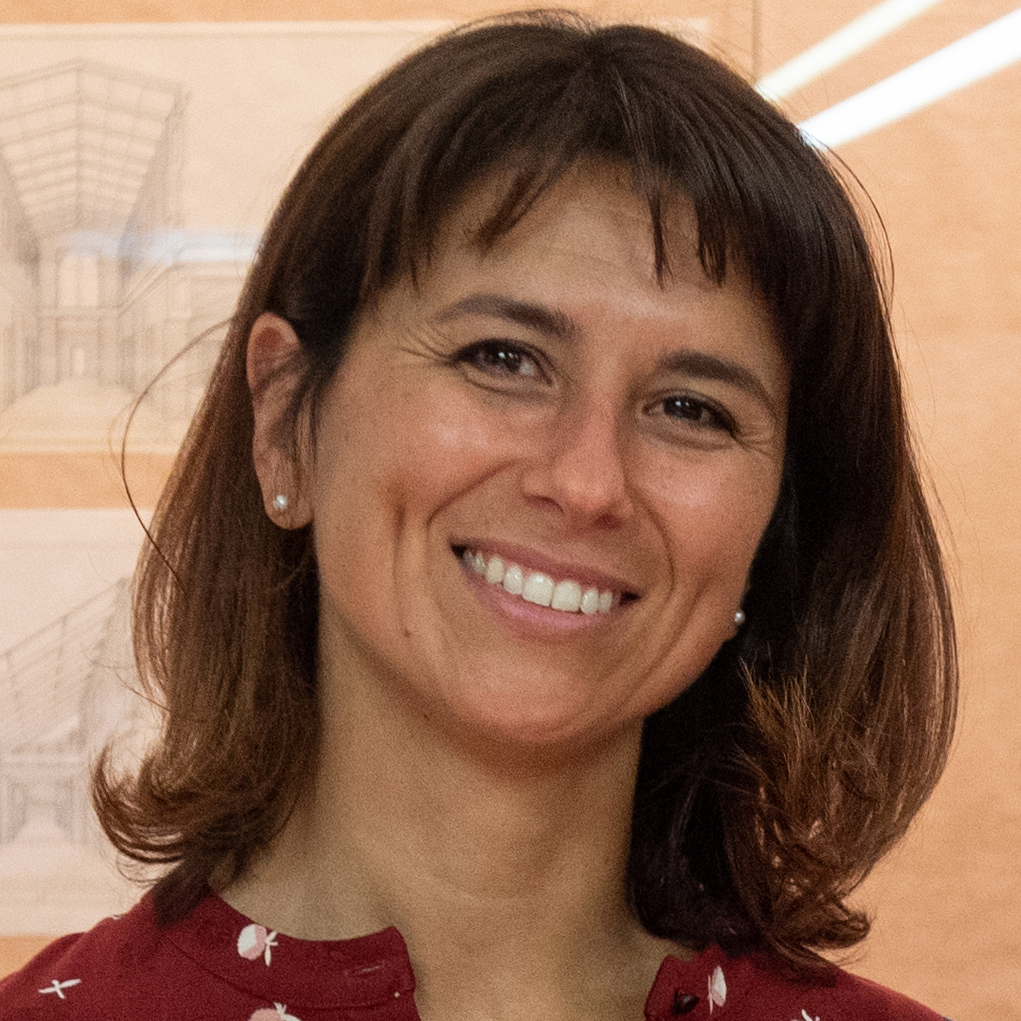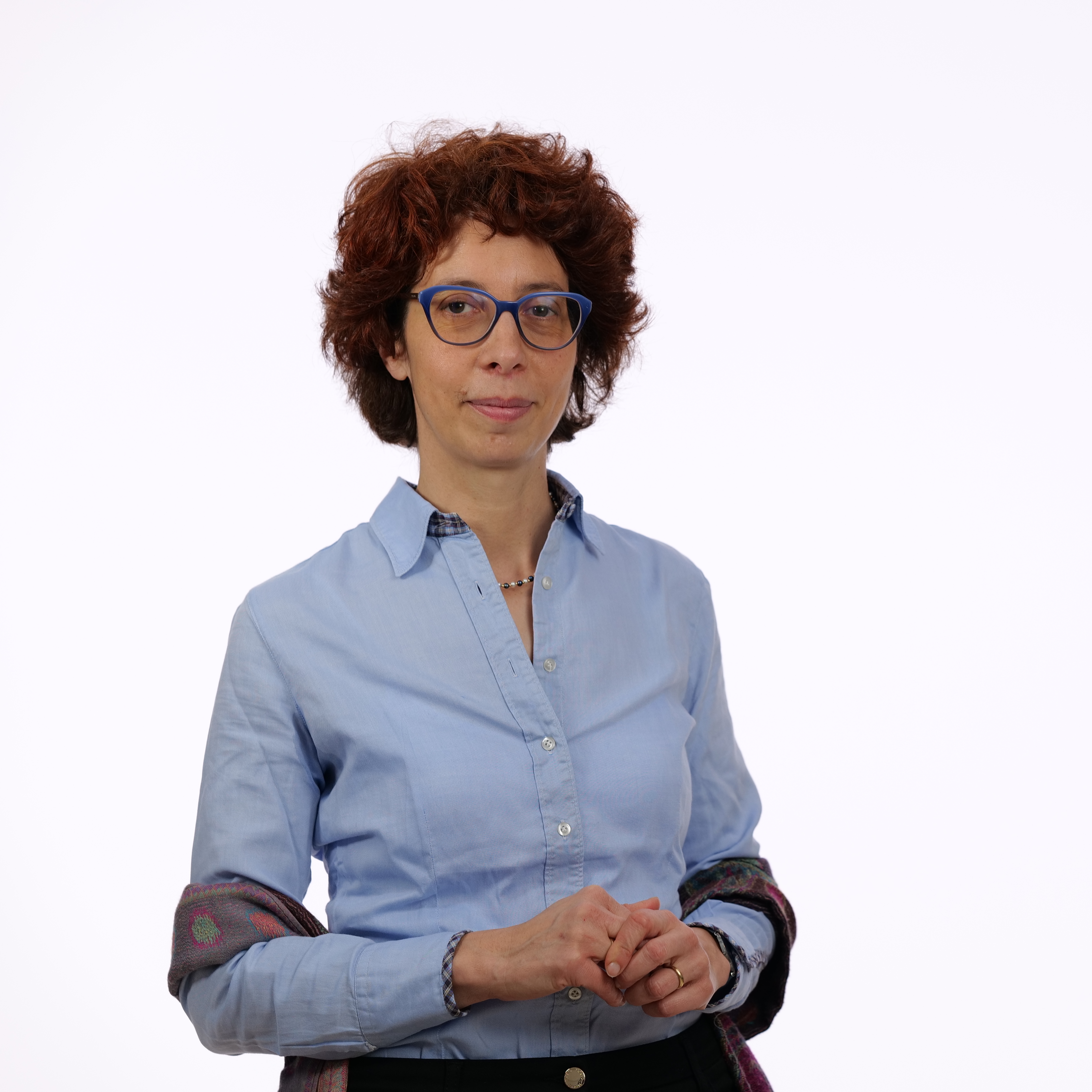Landscape education for ecological and cultural transition
Landscape education for ecological and cultural transition
Take actions to identify, analyse and care the landscape around us!
Course description
“Landscape education for ecological and cultural transition” responds to a recommendation by the Council of the European Union, which encourages highlighting the significant role of education as a tool for achieving a green and sustainable transition. Furthermore, the MOOC proposes a landscape-oriented education, both for outstanding and ordinary landscapes. This approach underscores the undeniable connection between landscape and quality of life and emphasizes how institutions should incorporate landscape considerations into their policies.
Citizens have rights and responsibilities concerning the landscape, which is the result of both physical and cultural factors. Then, it becomes of vital importance to take actions aimed at the identification, assessment, protection, management, and planning of the landscape, ultimately resulting in genuine citizen participation.
Therefore, this MOOC is oriented to “(…) highlight the key role of schools, higher education and other education and training institutions in engaging with learners, parents, educators and the wider community on the changes needed for a successful, just and inclusive green transition. In its conclusions on ‘Biodiversity – the need for urgent action’, the Council stressed that investing in education, among other areas, is key in gathering the best data and finding the best solutions in this regard. The EU Youth Strategy identifies a sustainable green Europe as a goal and calls for all young people to be environmentally active and educated” (Council Recommendation of the European Union, 2022).
“Landscape education for ecological and cultural transition” is structured to encompass various sections. Throughout these different segments, the overarching theme of "transition" serves as the common thread.
In this context, "transition" is defined as the educational focal point of the MOOC, with a specific emphasis on green transition and sustainable development. The program is designed to foster an understanding of the interconnected global challenges facing society, such as the climate crisis, environmental degradation, and biodiversity loss, among many others. These challenges are recognized for their multifaceted impact on environmental, social, economic, and cultural dimensions, as highlighted by the Council of the European Union.
“Landscape education for ecological and cultural transition” is structured in 5 sections:
- Food for thought. Key concepts
- Landscape Visions. Transition and Education
- Good Practices. Ideas and Experiences
- MiniTools. Operational Tools
- Your Learning Path. Planning and Sharing
Total workload of the course: 3 hours
This MOOC is provided by Politecnico di Milano, in collaboration with UNIVERSIDAD DE MURCIA (Spain), IES POETA JULIAN ANDUGAR (Spain), Cuatro Naranjos Murcia Active School. Murcia (Spain), Educación para el desarrollo sostenible InDirectFilm (Contemporary Audiovisual Practices) (Spain), ISTITUTO COMPRENSIVO LUIGI GALVANI (Italy), OIKODROM-FORUM NACHHALTIGE STADT - VEREIN FUER NEUE STAEDTEBAUKULTUR (Austria), MS Koppstraße 110 Schule 2 (Austria), UNIVERSITAET FUER ANGEWANDTE KUNST WIEN (Austria).
This MOOC is one of the outputs of the Edulands for transition project (No.KA220-SCH-AAD7528B).


Co-funded by the Erasmus+ Programme of the European Union
The European Commission’s support for the production of this publication does not constitute an endorsement of the contents, which reflect the views only of the authors, and the Commission cannot be held responsible for any use which may be made of the information contained therein.
Some videos were created with the help of AI (generative Artificial Intelligence) based on content produced by a machine translation tool which is fully automated and does not involve human intervention. We aim to strike a reasonable balance between providing the video in multiple EU languages and limited resources for translation.
Intended Learning Outcomes
By actively participating in this MOOC, you will be able to:
- describe what is meant by landscape and cultural heritage, consistent with European guidelines.
- describe the different dimensions included in the concept of 'landscape';
- connect heritage education and landscape education, heritage education and active citizenship education;
- to design a a training path for you specific context based on the potential of heritage education for intercultural and intergenerational exchange, also in the context of ordinary or degraded landscapes;
- get motivated to action for the landscape (and consequently to exhort his/her students) and to promote the involvement of his/her students in the material care of a landscape;
- have the opportunity to explore different landscapes and understand the 'Edulands' methodology will be able to recognise the value and opportunities of each landscape.
ESCO: demonstrate cultural awareness
ESCO: organise culture events
ESCO: create landscape designs
ESCO: advise on use of land
ESCO: appreciate diverse cultural and artistic expression
ESCO: support cultural diversity
Prerequisites
No prerequisite knowledge is required for this course.
Activities
Over and above consulting the content, in the form of videos and other web-based resources, you will have the opportunity to discuss course topics and to share ideas with your peers in the Forum of this MOOC. The forum of this MOOC is freely accessible and participation is not guided; you can use it to compare yourself with other participants, or to discuss course contents with them.
Section outline
-
-
-
This first week helps reflect on key transition themes. It focuses on what landscape is, the connection between landscape and cultural heritage, and our role in safeguarding and improving the landscape. It then illustrates the role of education in addressing ecological transition through an interview with Tremeur Denigot, an expert from the European Commission in Green Education.
-
The second week presents some methodological and practical approaches for reading and designing the landscape.
-
In this week we propose to explore the educational paths experienced by teachers with their classes during the two years of the EDULANDS project.
-
This week brings together the activity sheets called MINITOOLS developed and tested by the researchers, artists and teachers of the Edulands project.
-
-
Assessment
Your final grade for the course will be based on the results of your answers to the assessed quizzes. You have an unlimited number of attempts at each quiz, but you must wait 15 minutes before you can try again. You will have successfully completed the course if you score a total of 60% (or higher) in each of the assessed quizzes.
The maximum score possible for each quiz is given at the beginning of the quiz. You can view your score in the quiz on your last attempt or on the 'Grades' page.
Certificate
You can achieve a certificate in the form of an Open Badge for this course, if you obtain, at least, 60% of the total score in the graded quizzes and by filling in the final survey.
Once you have completed the required tasks, you will be able to access ‘Get the Open Badge’ and start issuing the badge. Instructions on how to access the badge will be sent to your e-mail address.
The Badge does not confer any academic credit, grade or degree.
Information about fees and access to materials
The course is delivered in online mode and is available free of charge.
Course faculty

Paola Branduini
Teacher
Architect, PhD in Rural Engineering, she is a researcher in Architectural preservation at the ABC Department of the Politecnico di Milano. Her research focuses on the knowledge, conservation and management of the rural landscape as heritage. She works on landscape education for different school levels in collaboration with local institutions, both with innovative didactic tools and with practical actions on the fields.

Camilla Casonato
Teacher
Camilla Casonato, Ph.D. in Preservation of the Architectural Heritage, former teacher in secondary school is now Associate Professor of Architectural Representation at Politecnico di Milano. Her research focuses on cultural landscape representation and communication, heritage education and green education methodologies, participatory representation, digital innovation for cultural heritage enhancement, architectural representation history and theory. She participated in several research-action projects involving schools, among which: ScAR-School Activate Resources (project manager), Edulands for transition (EU funding Erasmus+), Through the city (unit coordinator). Among her publications: Discovering the everyday landscape. A cultural heritage education project in the urban periphery (LetteraVentidue 2022), Cultural Heritage Education in the everyday Landscape. School, Citizenship, Space, and Representation (Springer 2022).

Francesca Concia
Instructional Designer
Francesca Concia, graduated in Classics, passionate about History, Literature, Art, and above all Knowledge and Learning, has been working at METID since 2001 as a Project Manager in national and international innovative teaching projects. She supervised the course design and coordinated its implementation.
Special thanks to:
- Mónica González Candela (Assistant Professor, Department of Animal Health, Faculty of Veterinary Medicine - University of Murcia), Antonio Abellan Alarcon (Architect, Associate teacher of Architectural Projects - University of Alicante, Founder of Huerta Bizarra Collective), Michaela Theresia Martinek (AProf. Mag.art. Department of Design, Material Culture and Experimental Practices - University of Applied Arts Vienna) and Rolf Laven (HS-Prof. MMag. Department of Design, Architecture and Environment for Art Education -University of Applied Arts Vienna), for their contribution to the “Views on Landscape”;
- Paola Alejandra Aguilar Sánchez (Landscape Architect - Intern ABC Department, Politecnico di Milano), for designing and editing the MiniTOOLs and taking care of Spanish translation;
- Adele de la Puente (Head Teacher of a multilevel class at Mittelschule Koppstraße 2 - Vienna) for reviewing the German language translations;
- and to all those who shared their experiences with their pupils as part of the EduLANDs project.
Contact details
If you have any enquiries about the course or if you need technical assistance please contact pok@polimi.it. For further information, see FAQ page.